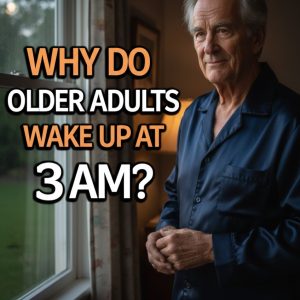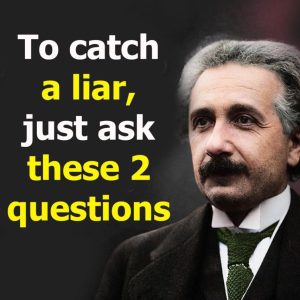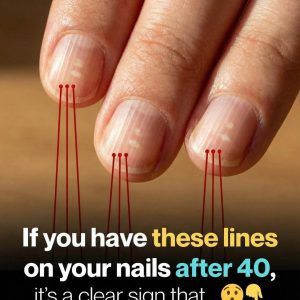I didn’t understand his words until weeks later, when HR called me in for “a new opportunity.” The CEO met me in a conference room that smelled faintly of cologne and dry-erase markers. “You shouldn’t be cleaning floors,” he said. “You understand people. Let me help you build something better for you and your son.” Pride and fear tangled inside me, but at home, I heard Ruth’s steady voice: “Sometimes God sends help through doors we don’t expect. Don’t close this one.” So I said yes.
I began studying HR courses online at the kitchen table, my baby nearby in his bouncer. Nights blurred together—the kettle clicking off at midnight, exhaustion grinding behind my eyes. I cried often, nearly quit more than once, but my son’s milk-drunken grin kept me moving forward. Slowly, the lessons took root, and so did a fragile sense of purpose.
When I completed my certification, the company moved us into a bright apartment through their housing program. With a small team, I helped design a “family corner” off the lobby—soft rugs, cheerful murals, shelves of toys—a space for parents who shouldn’t have to choose between paychecks and childcare. It felt like more than décor; it felt like hope taking shape.
Soon after, the CEO’s grandson toddled in, his uncertain steps meeting my boy’s. They’d collapse in laughter, swapping crackers with royal solemnity. Watching them through the glass was like seeing a hidden door swing wide open—a glimpse of the life I’d almost missed.
One afternoon, the CEO stood beside me. “You gave me back my grandson,” he said quietly. “But you also reminded me that kindness still exists.” I smiled. “You gave me one too—a second chance.”
Sometimes I think about that park bench, the cold, the cry that started it all. Saving that child didn’t just change his fate—it rewrote mine. Now, every morning, as small hands press against the glass of the “family corner,” I see proof that one act of compassion can echo through countless lives.





